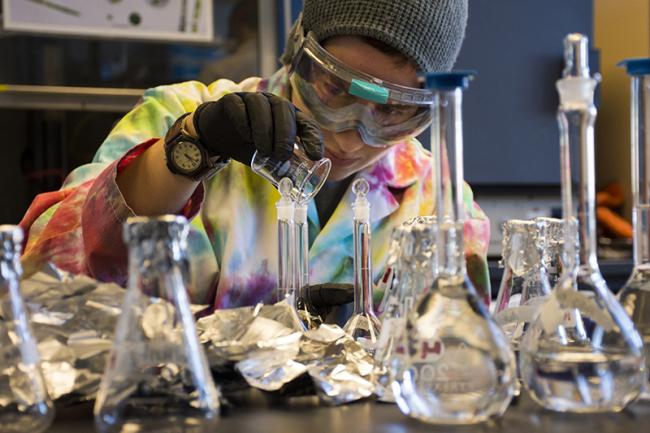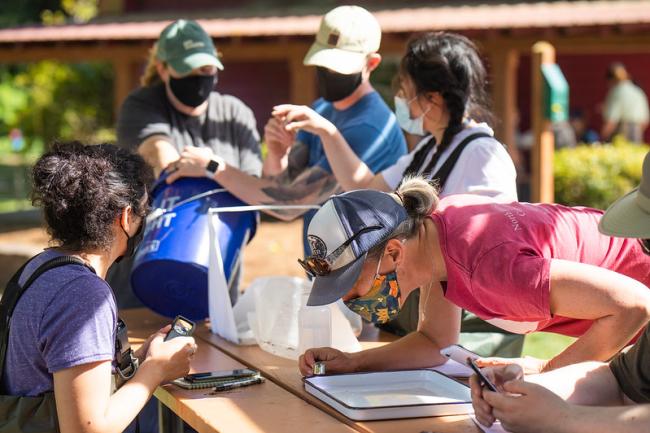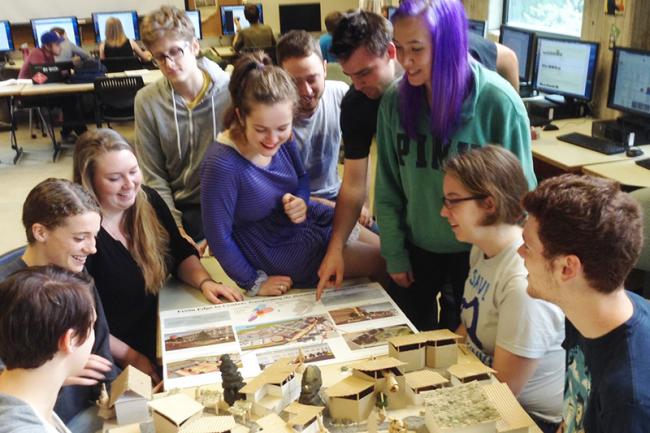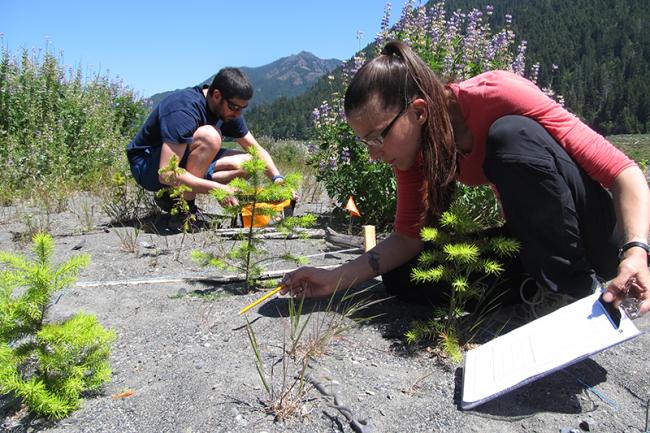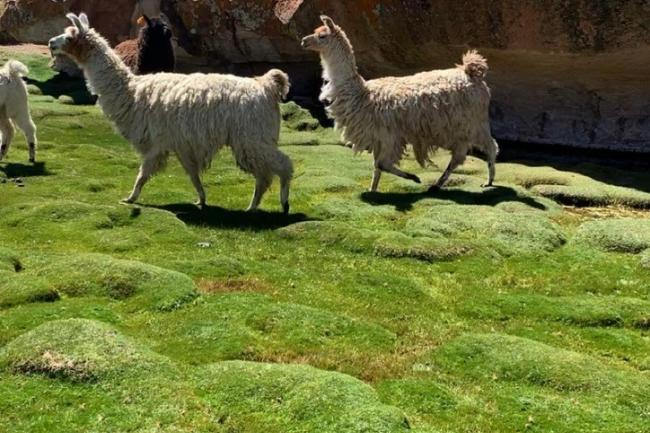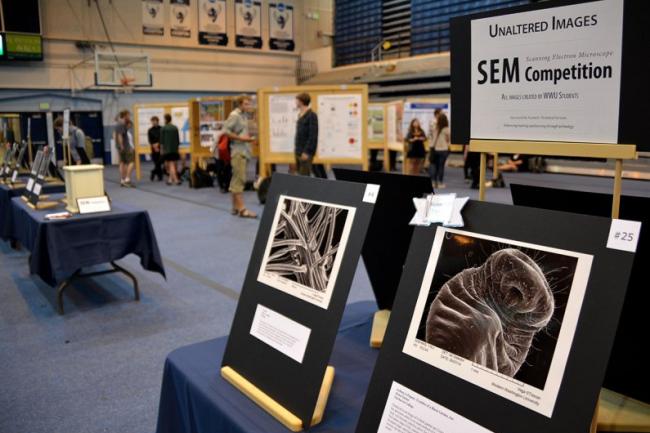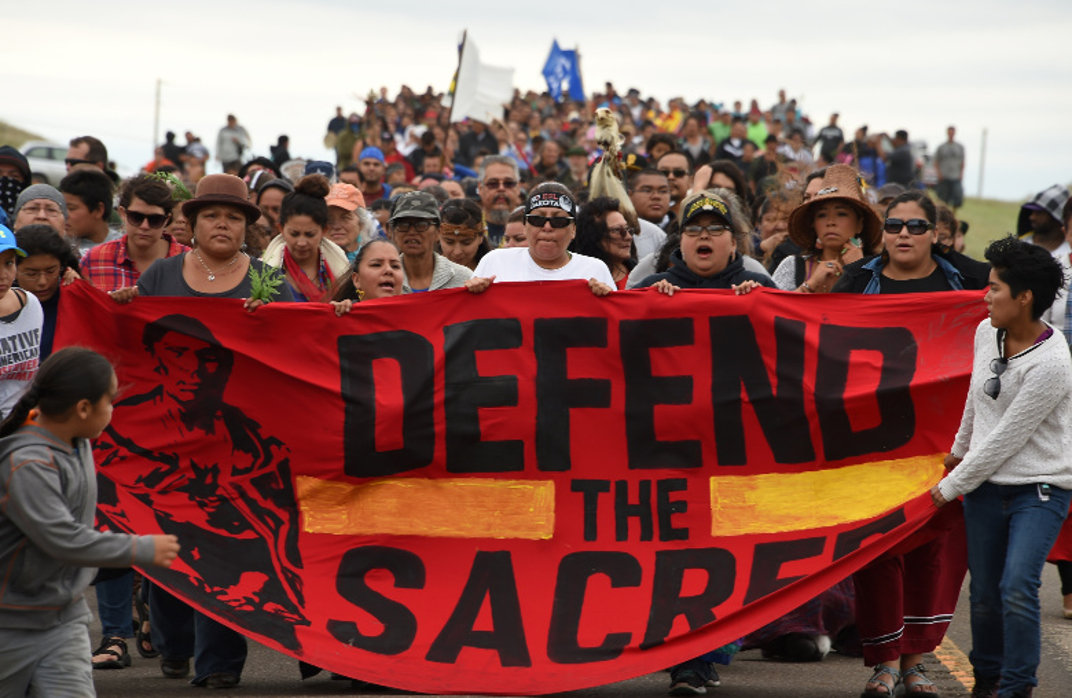Home
Our Mission
The College of the Environment addresses today’s environmental issues and prepares tomorrow’s interdisciplinary problem solvers. We accomplish this mission by integrating outstanding educational programs, faculty-student collaboration, applied research, and professional and community service.
What We Do
Our integrative approach prepares students for creative, fulfilling careers in a changing world. Since its establishment in 1969, the College of the Environment has won national and international recognition as a premier institution with undergraduate and graduate programs continually refined to enhance practical, collaborative approaches to solving environmental problems. The College grants distinctive, interdisciplinary degrees from the Department of Environmental Sciences (B.S., M.S.), Department of Environmental Studies (B.A., B.A.E., M.A.), and the Department of Urban and Environmental Planning & Policy (B.A.). Each department offers a long list of majors, from urban planning and environmental policy to estuarine science and terrestrial ecology.
In our work, we seek to promote inclusive community, social justice, and equitable practices. We strive to increase the diversity of the faculty, staff, and students whose experiences and perspectives are essential to our mission. We acknowledge the Coast Salish peoples on whose traditional territory we reside, including the Lummi and Nooksack peoples whose relationship with the land continues to this day. Learn more about our programs and progress in Accessibility, Diversity, Equity, and Inclusion, and read the College Solidarity Statement and Climate Leadership Commitment.
Academic Programs
College News
Newsletter
Subscribe to receive our quarterly newsletter in your inbox:
Upcoming Events
Up Next
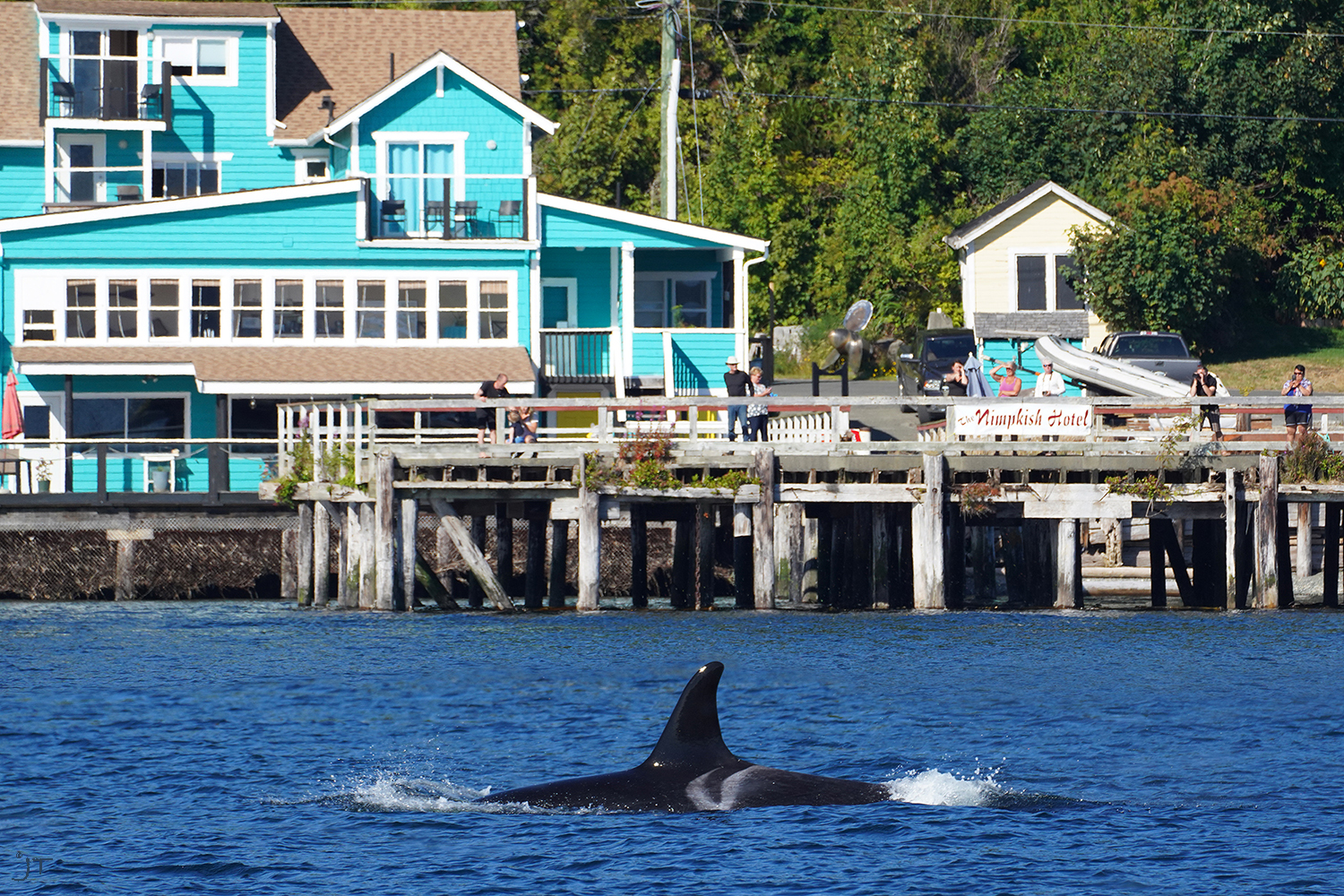
Talk Location
Talk Location
The Planet Magazine
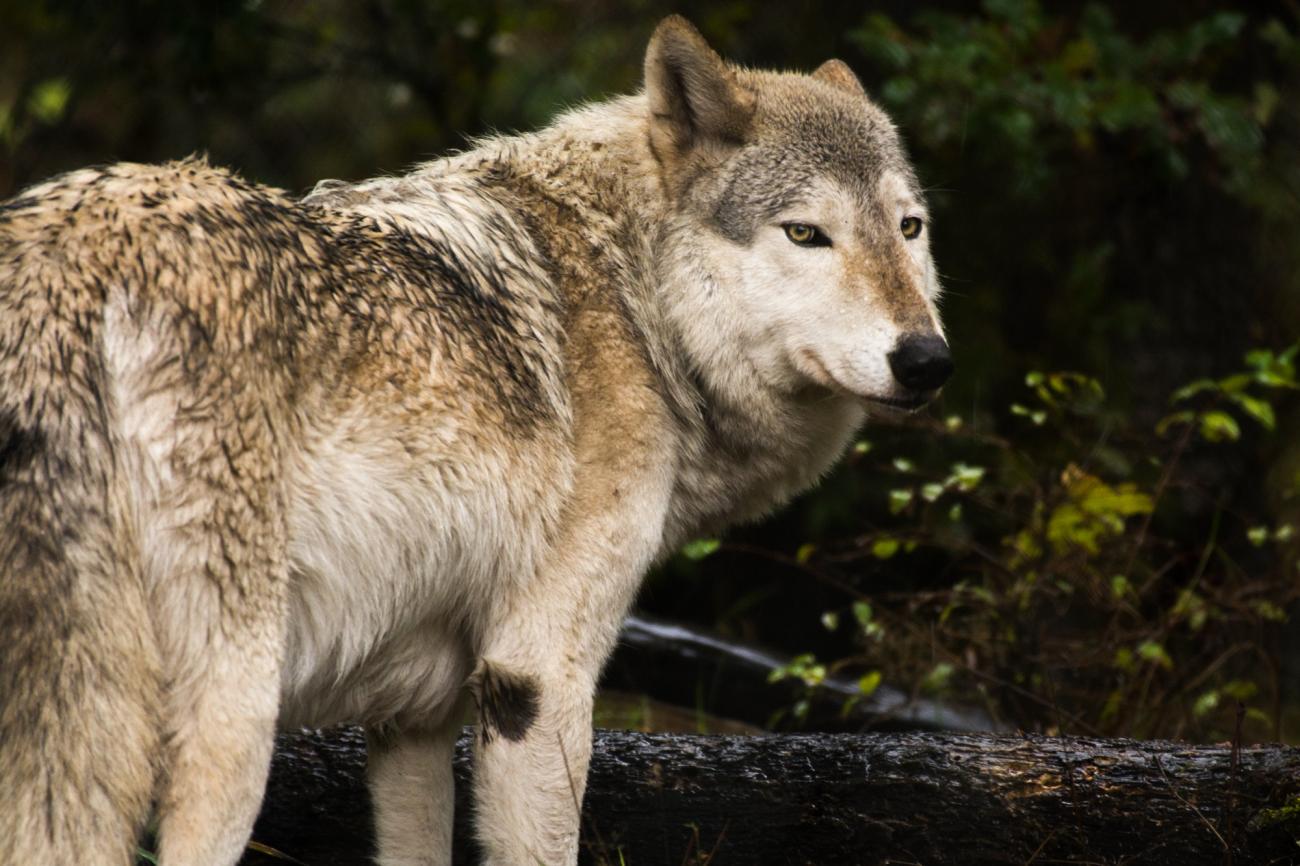
The Planet is a publication class offered through the Environmental Studies department. It combines the environmental focus of the college with the writing and reporting skills taught in the journalism department. Students publish a quarterly environmental magazine in print version as well as online. The Planet class is advised by Eli Loomis.
DefaultVeg
The College of the Environment’s mission is to address today's environmental issues and continue to support the worldwide movements for social justice. In order to align our food choices with these essential values, we adopt DefaultVeg as our food practice for all meetings and events hosted by the College, to shift our purchasing practices away from factory farming — a root cause of social injustice for humans, animals, and the environment.






